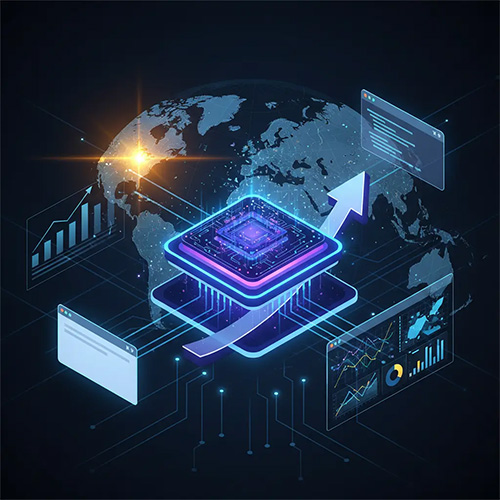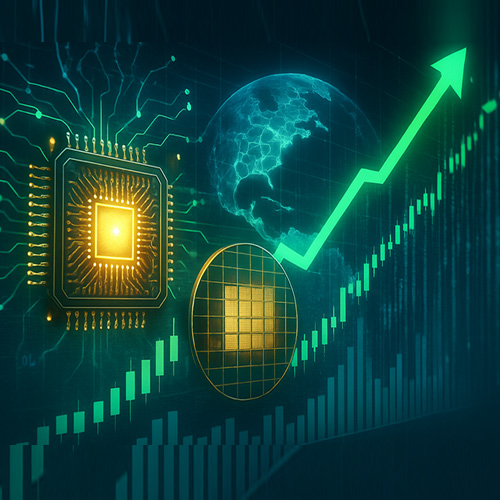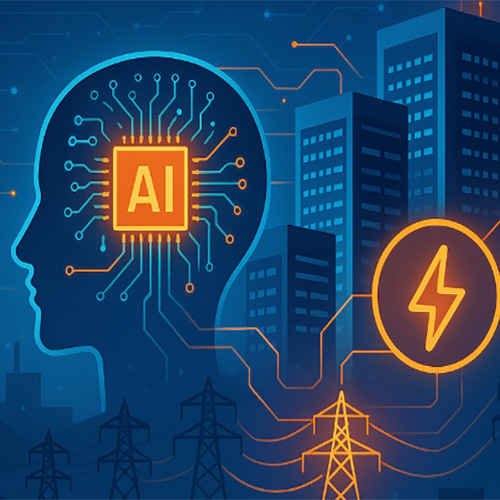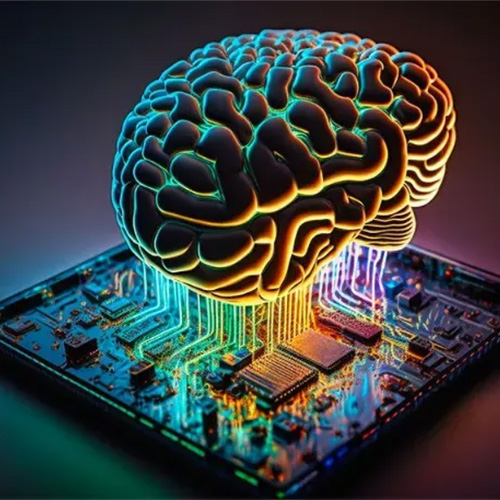
Asoke K Laha, President & MD, Interra Information Technologies
Back to basics is now a cliché. I tried to know what is behind those three words. The more I thought about it, the more I got confused. Realizing that discerning the crux of the phrase would be an onerous task, I tried to relate what it meant to me. I could not find a cogent answer to explain that to my esteemed readers. On an afterthought, I took the view that it might mean different things to different people. What would that term mean to a person who loves nature in its abundant glory? His or her way of thinking could be to go back to nature and adopt nature as the supreme power. Destruction of nature and natural things would mean many things to such people. Anything that destroys nature can cause pain and disharmony in your thoughts and actions.
There can be a bunch of people, groups and still larger formations that uphold the view that nature is supreme. We have examples of Green parties calling the shots in many developed countries. They influence policy formulations and act as pressure groups. There are now international organizations, which have strong roots in some countries. It can be against felling trees, environmental destruction, construction of dams, construction of skyscrapers, building roads in ridges, construction of a railway line in an environmentally fragile location, setting up of an airport or a helipad in an area rich with vegetation etc.
There is also another group, who may hold a diametrically opposite view. For them, flora should be subordinated to fauna. They hold the view that man should have control over nature and all such things that grow on earth. They argue that everything should be seen from the development context. Development would call for man conquering nature and building habitats that support life. Their argument is that there should be a trade -off between man and nature. That trade- off has been there for millennia and they are not issues surfaced in the present or the immediate past.
Man has always been a gainer from that trade off. For instance, the industrial revolution of the 18th century, converted Lancashire into a manufacturing hub, initially for textiles and later for other manufacturing activities after the eclipse of the textiles sector. In the latter years, industrialization led to many transformations. Inventions and technologies had shaped the course of industrialization. Every stage of industrialization was characterized by induction of newer technologies. Industry has become the main pillar of growth. That led to destruction of nature to an extent, migration of people to townships for the look out of jobs and better living conditions. That choked the industrial centers. In the meantime, wealth got concentrated with a few people. Inequality had become the order and not an exception. Technology leaped and it had its impact across the board. Healthcare, manufacturing, aviation etc. gained immensely from those breakthroughs in technology. That is the positive side of the transformation.
Technology can script paradigm shifts in human behavior. It can emancipate mankind and add to its comforts. It can revolutionize the thought process and expand the bandwidth of human interfaces and expertise. The communication is now swift and quick. Whatever that is happening in the remotest part of the globe reaches one at the same time it is happening, revolutionizing everything around dissemination of news. Products are also launched in the same way. The latest films are launched through OTTs with the help of the cutting edge digital technology.
In the same breadth, we have to put up with the problems being created by fast movement of news, data and transactions. With the use of the internet, one can transfer money from anywhere to anybody. That also led to many cases of fraudulent transactions. Cumulative occurrences of such fraudulent transactions through banking sources have eroded the faith in the banking system. People are thinking or are using alternative channels of transactions such as crypto currencies, which are beyond the comprehension of the common man. The usage of such complex digital currencies increases the elements of speculation. What I am trying to drive home is the flip side of the advancements.
Another consequent issue is cyber security. The general belief is that hardly is there anything that can be kept completely privy to oneself if stored digitally. It can be hacked and privacy can be compromised. That is happening quite regularly. We often hear how hacking is done and the different clones of hacking such as ethical hacking, hacking for national security, hacking for robbery etc. Undoubtedly, data compromises could be a major challenge that is staring at mankind, which forces many to think why should we not store data in the old fashioned manner in the ledgers manually. I know of people at the highest places refusing to use a smartphone knowing fully the talk can seldom remain unto him or her. Flip side of technology can manifest in many ways and hues.
Is it not a paradox that while people are discussing the future frontiers of development and trying to align their imaginations into the expanding world of Artificial Intelligence, robotics, 3D, machine language, cloud computing etc. people are losing faith in the digital bandwidth. I am sure this would be a major concern that mankind will have to address in the future to give a proper direction to progress and development for there is a growing number of people who tend to believe that progress which does not compromise human freedom and right to live without being intimidated are vital and basic to human existence.
I know a discussion on the concept back to nature can take us to different directions and contours creating more questions and not solutions. Yet, I believe that there is a broader context in which beliefs and different shades of discussions can be surmised. Growth and development create their own conundrums, which are difficult to comprehend. Throughout millennia, mankind has been facing such problems and challenges. In the primitive times, human beings faced challenges from animals and intruding warriors. They had flagged those things as uncertainties. In the medieval times, uncertainties came in the form of wars, famines, diseases etc. In the modern times, it is manifesting in different forms and hues. One can list such challenges on the basis of self-proclaimed priorities. Should we list among the present day maladies and challenges issues like environment degradation, skewed development process, discrimination, gender inequality and importantly invasion into privacy? By addressing these issues, can we say that we are working towards achieving the basic tenets of back to basics? I cannot say in precise terms since back to basics is a difficult phrase to comprehend.
See What’s Next in Tech With the Fast Forward Newsletter
Tweets From @varindiamag
Nothing to see here - yet
When they Tweet, their Tweets will show up here.





























